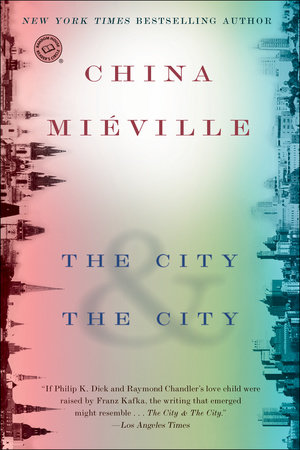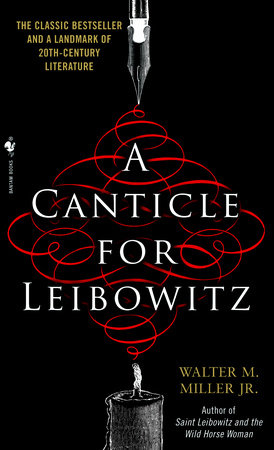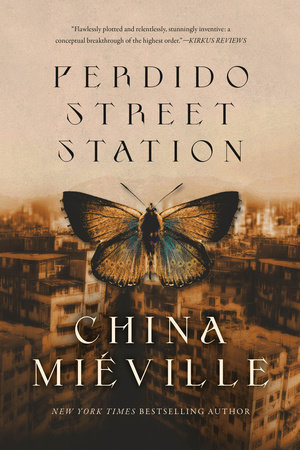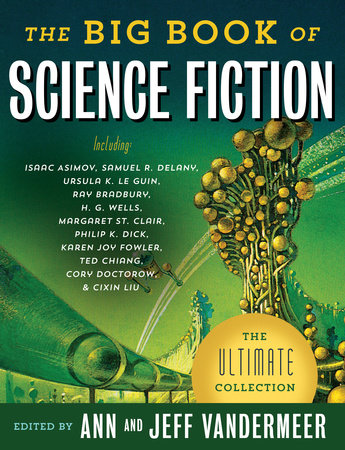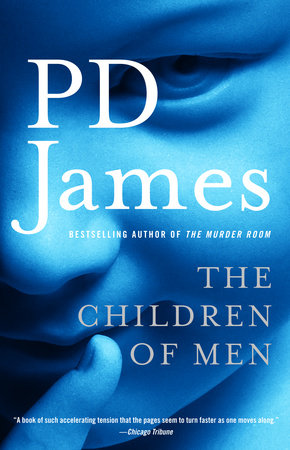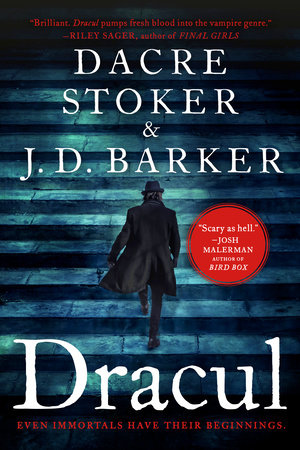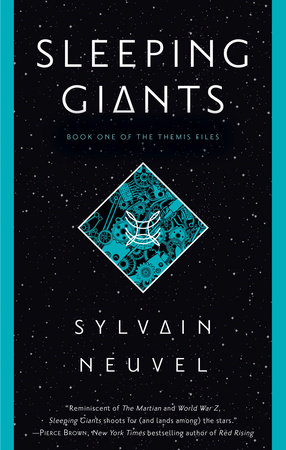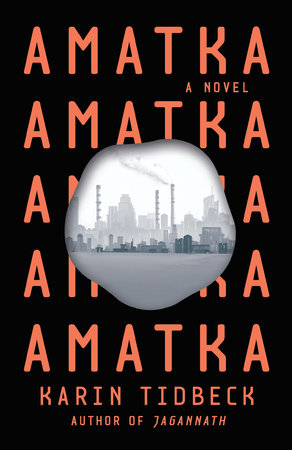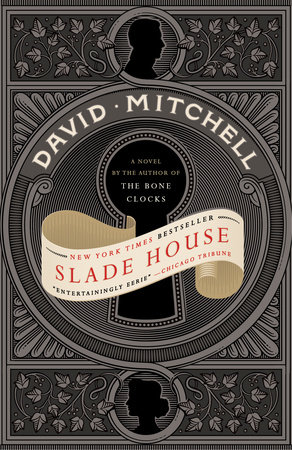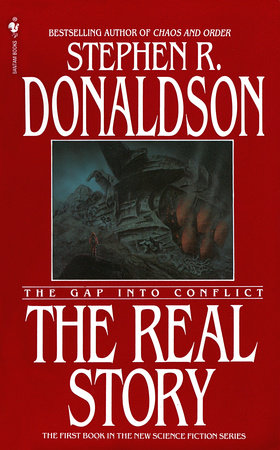An Interview with China Miéville, author of The City & The City
Question: Cities are a central theme in many of your novels. What is it about “the city” that fascinates you?
China Miéville: I’m almost certainly the worst person to answer this – I think writers are generally not the best people to understand their own predilections. But yes, pretty much all my books feature cities to some larger degree or other. I’ve lived in big cities all my life, particularly London, which is imprinted through me as if I was a stick of rock. (I don’t know if that reference works in the US?) I like the palimpsest of cities, the mix of architectural ages, aesthetics, social groups. I like the fact that everything is distinct and mixed up and makes a totality which isn’t reducible to the sum of its parts. I suspect I’m becoming a cliche, though: maybe I’ll have to write a book set in a desert to spice things up a bit.
Q: Do you have any favorite cities (real or imaginary)? And have those cities had any influence on your writing?
CM: Oh plenty. The division between the real and imaginary cities is not hard and fast, either: I love the real London, the real Cairo, the real Havana, but I also passionately love those cities as they are filtered through fiction and art. The represented London, for example, in the works of De Quincey, Iain Sinclair, Dickens, Gaiman, Machen, et many al, is at least as important to me as the real one, in terms of influence. New York, Providence, Prague (all in real and imagined forms). When it comes to entirely imagined cities, Viriconium, Imrryr, Philip Reeve’s Traction Cities, Celephais. The cities in Mary Gentles’ _Rats and Gargoyles_, and Gene Wolfe’s _Book of the New Sun_. The real Harare didn’t particularly capture my imagination, but as filtered through Dambudzo Marechera’s work, it did.
Q: What inspired you to depart from previous works and write your first police procedural?
CM: Various factors. I wanted to write a present for my Mum, who was a huge fan of crime novels: though she really liked my books, none of them were precisely her sort of thing, so I wanted to write something that was both exactly my sort of thing and exactly her sort of thing. I’ve been interested in the field a while – a large number of writers I respect enormously are huge crime readers, particularly I think because of the rigour you have to have over structure and narrative, so I wanted to take part in that. It’s interesting to try to write books that are outside your immediate purview. There’s also the fact that urban police procedurals involve a lot of dgging around in the undergrowth and the specificities of their settings, which appealed because I was very into by the setting I’d come up with, and thought a crime novel would be a good way to foreground it without subordinating plot.
Q: Did your writing in this new genre require any special research on technique?
CM: I was very concerned that, as I have no track record in this area, I shouldn’t seem to be crashing in clodhoppingly, breaking the china and generally being disrespectful (as one sometimes sees from ‘mainstream’ authors jumping into the genres I’m associated with). What that meant was that before I started, I steeped myself in crime. I’d always read it on and off – usually when something was recommended by my Mum – but I went on a binge, revisiting old favourites and trying some new, going for the most feted writers as well as trying some more underground names. I relied a lot on the recommendations of trusted friends. I also went for a lot of stories with non-British or -American settings, as my own setting is rather different. So I tried very hard to write something absolutely respectful of the field, in terms of its structure, narrative rigour, and attempting to be part of it, investigating various different traditions of crime novel. (Police procedurals, conspiracy thrillers, whodunnits.) If I’ve done my job right, there’s no cheating – although I would say that one of the things I most like in some crime novels are the moments of gap, when something marvellous – not supernatural, necessarily – intrudes, when there’s an ellipsis that you as a reader can’t enter and you’re left with a sense of exciting estrangement. I find that tradition in particular in European crime novels. I stress that I don’t mean logical *cheating* – so much as a slightly oneiric momentum. A lot of eastern European novels have that sense that you’re walking in a landscape as much slightly dreamy/psychic as real. And in the English tradition, I’d say that some of Holmes’s leaps of logic while not in any way formally fantastic achieve their effect by a sort of cognitive estrangement – they are formally realistic without being realistic at all. That’s not a criticism – it’s praise.
The other thing that was important to me was about voice. Because pace is very important in a crime novel, I wanted to experiment with a rather different voice than in my other books. They’ve tended towards very baroque prose – this is more pared down, attempting fidelity to a different set of traditions. There’s no ‘better’ here – I still passionately love lush prose, when it’s done well. But it’s good for you as a writer, I think – and I hope for readers too – to try different things, to experiment and change.
Q: The cities in The City & The City are imaginary, but you positioned them in Eastern Europe. Why select this location?
CM: Are they in Eastern Europe? Are you sure? They *might* be. At least roughly. There are various clues as to their *approximate* locations but the stress is very much on the word ‘approximate’ there. The cities of the title are two very different cities, both in different ways tilting towards distinct (if, inevitably, overlapping) psychogeographic traditions. Their locations are ways of mediating those traditions, and the cities places within them. This I realise is an evasive answer. What I will say is that Eastern European writing was, for various reasons, extremely important to this book – Bruno Schulz, Kafka – and that flavour I hope comes through. (Hazy lines, though: so was Mitteleuropean writing – Alfred Kubin – though. And, in a mediated way, French. Also American – Chandler. This is not to disavow the Eastern European, which was particularly key.)
